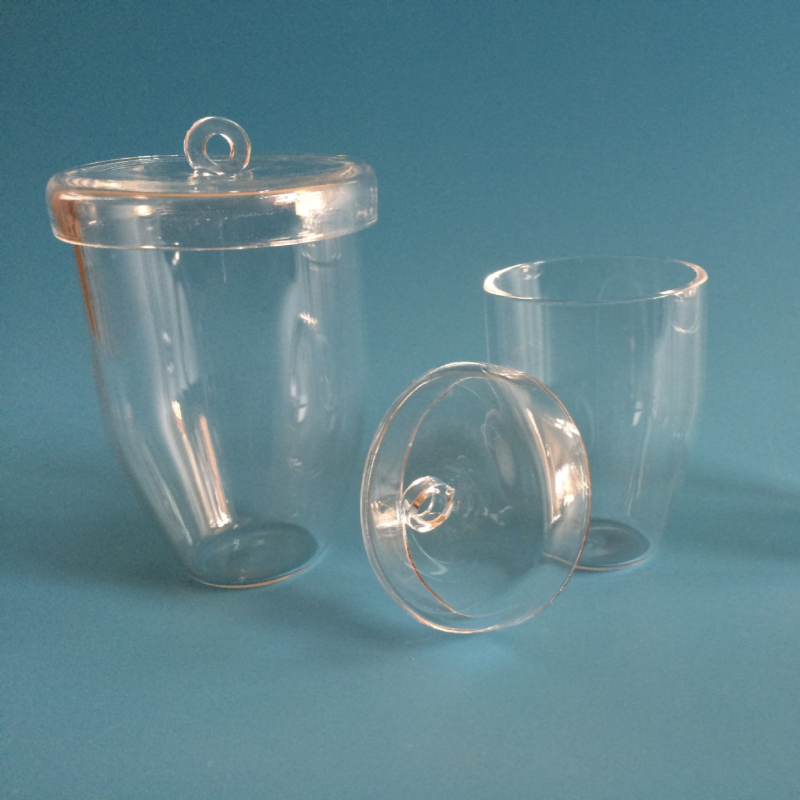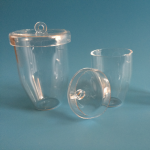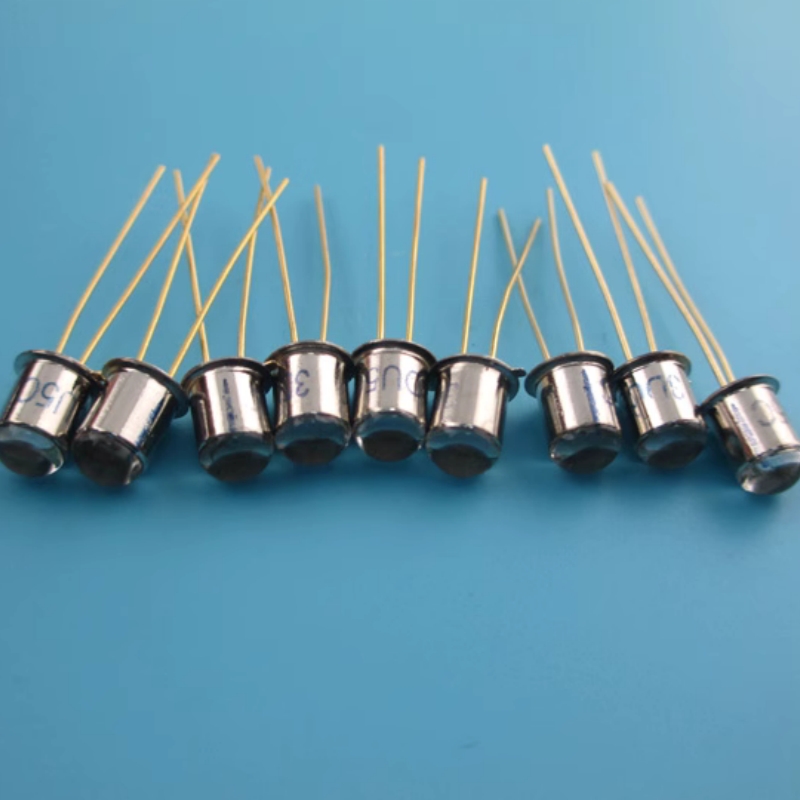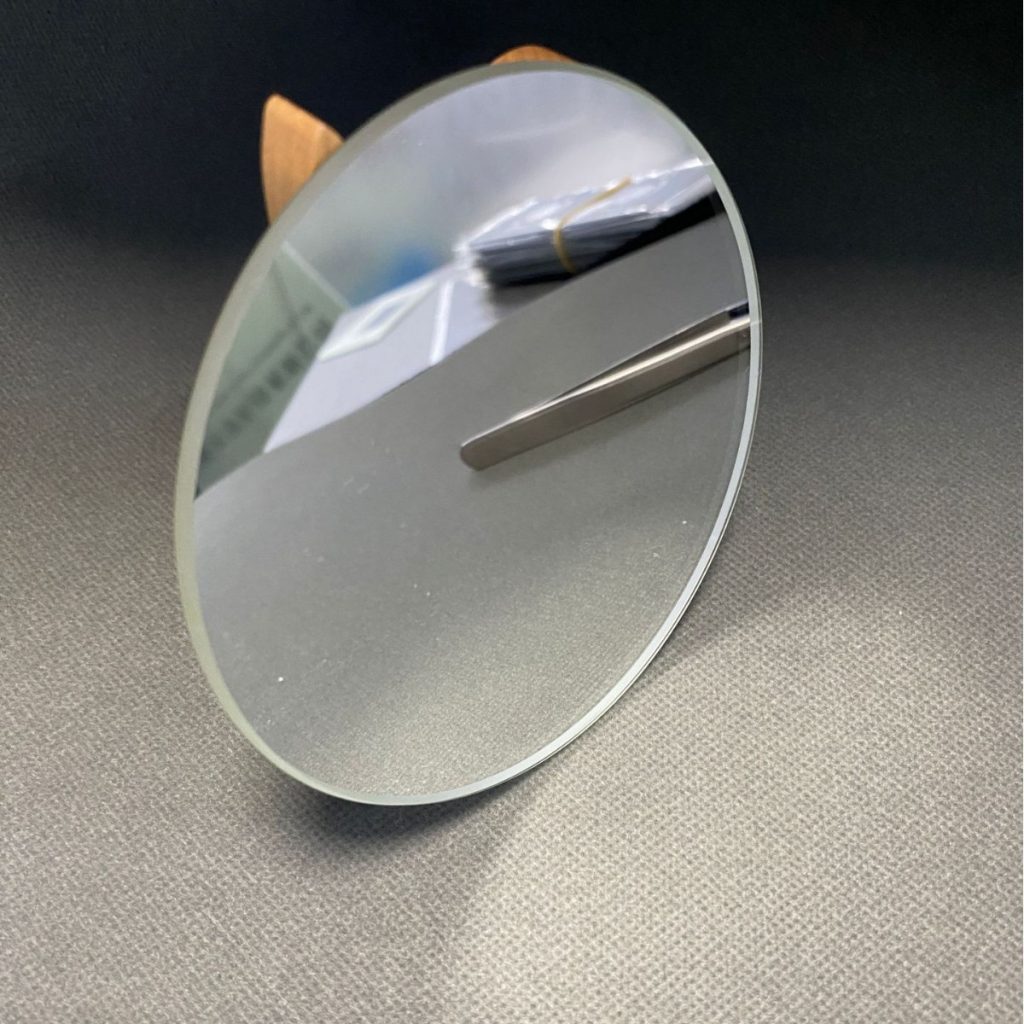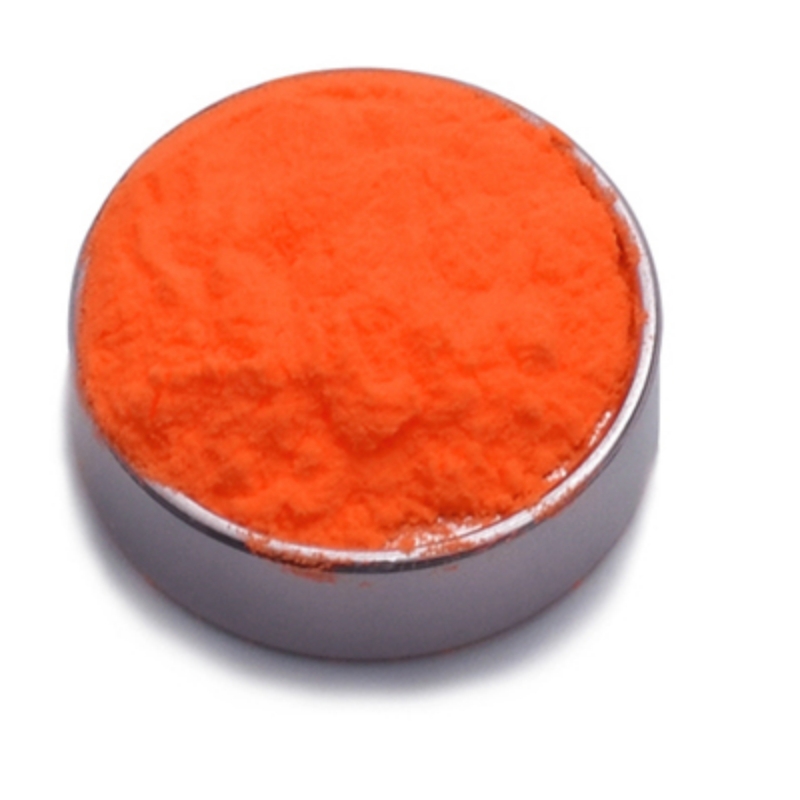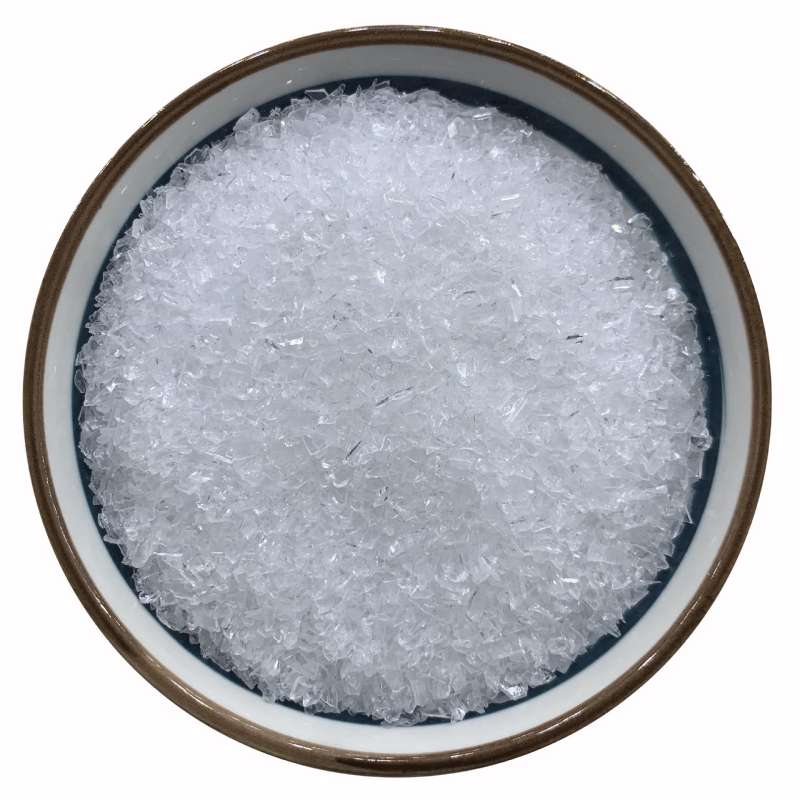Quartz crucible for university laboratory use is a high-purity vessel designed for precise thermal control, exceptional chemical resistance, and superior durability in academic research and scientific experimentation. Manufactured using advanced fusion techniques, it ensures minimal thermal expansion, optimal transparency, and reliable performance in high-temperature applications. This material is widely used in analytical chemistry, material synthesis, semiconductor fabrication, and high-temperature laboratory procedures, providing consistent results in controlled environments.
Product Overview
The Quartz Crucible for University Laboratory Use is designed specifically for use in academic research and laboratory environments. Made from high-purity quartz, this crucible offers excellent high-temperature resistance and chemical stability. It is widely used in high-temperature experiments, metal smelting, chemical reactions, and other laboratory applications where accurate and reliable results are required. Its non-contaminating and corrosion-resistant properties ensure the purity and reliability of experimental outcomes.
Key Features
- High Purity Quartz: Offers superior chemical stability and high-temperature resistance, ideal for various high-temperature chemical reactions.
- High Temperature Resistance: With a softening point of up to 1730°C, this quartz crucible can withstand extreme temperatures, making it perfect for high-temperature experiments.
- Corrosion Resistance: Inert to most acids (except hydrofluoric acid), preventing contamination during experimental processes.
- Excellent Thermal Stability: The low thermal expansion coefficient of the quartz crucible enables it to withstand rapid temperature changes without cracking.
- High Transparency: The crucible exhibits good light transmission, especially in the ultraviolet spectrum, providing clear visibility for precise monitoring of experimental conditions.
- Easy to Clean: Smooth surface allows for easy cleaning, preventing residual chemicals from affecting future experiments.
Applications
- University Laboratories: Designed specifically for various foundational experiments and high-temperature reactions, it is a critical tool for chemistry, physics, and other academic disciplines.
- Chemical Experiments: Widely used in chemical reactions, metal smelting, and chemical analysis to ensure high accuracy and contamination-free results.
- Materials Science: Ideal for researching high-temperature materials, melting, and synthesis processes.
- Metal Smelting: Perfect for use in metal smelting and alloy research, where high-temperature and corrosion resistance are essential.
- Heat Treatment Experiments: Suitable for various heat treatment processes such as pyrolysis, solid solution treatment, and more.
 new material
new material

